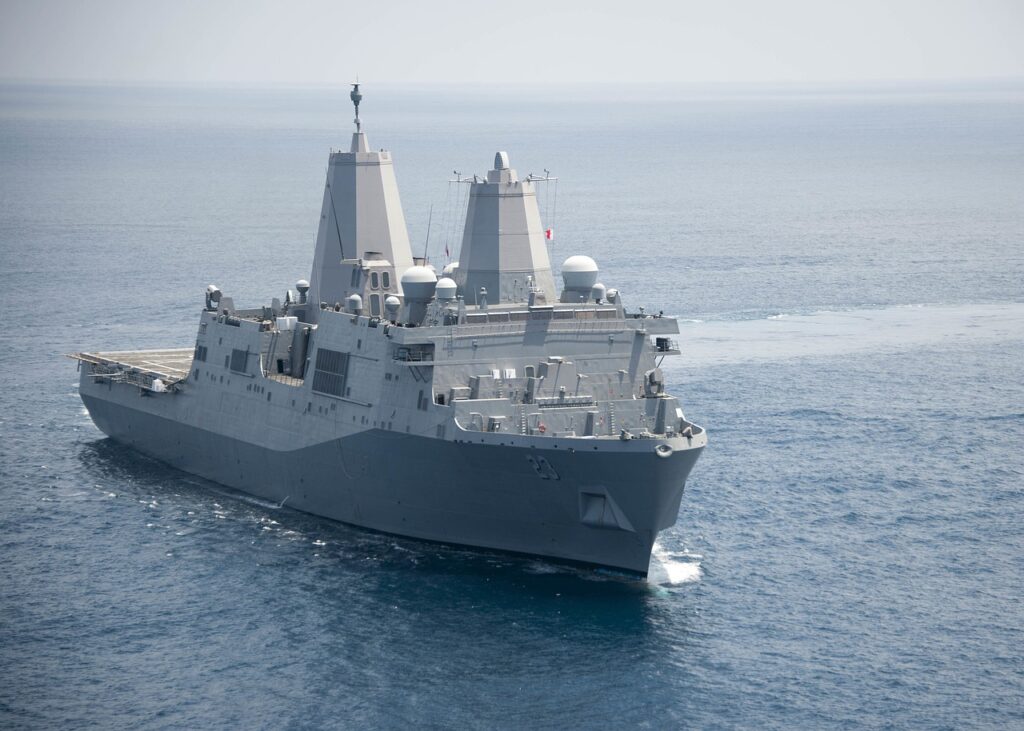The Red Sea, a crucial maritime route connecting Europe and Asia, has become a hotbed of tension as Houthi rebels from Yemen continue to launch attacks on commercial vessels. This escalating crisis has sent shockwaves through the global shipping industry, threatening to disrupt international trade and potentially trigger a worldwide economic slowdown.
The Houthi Offensive
Since November 2023, Houthi rebels have intensified their attacks on ships traversing the Red Sea, claiming to target vessels linked to Israel in solidarity with Palestinians in Gaza. These attacks have ranged from drone strikes to hijacking attempts, creating a dangerous environment for maritime traffic. The rebels, backed by Iran, have shown no signs of relenting despite international condemnation and military interventions.
Impact on Global Shipping
The attacks have forced many shipping companies to reroute their vessels around the Cape of Good Hope, adding significant time and cost to journeys. This detour can add up to two weeks to shipping times and increase fuel consumption by up to 30%. Major shipping lines, including Maersk and Hapag-Lloyd, have suspended transits through the Red Sea, opting for the longer but safer route around Africa.
Economic Repercussions
The disruption in this vital shipping lane has far-reaching economic consequences. The Suez Canal, which connects the Red Sea to the Mediterranean, facilitates about 12% of global trade. The rerouting of ships is causing delays in the delivery of goods, from oil to consumer products, potentially leading to supply chain disruptions and increased costs for businesses and consumers worldwide.
International Response
In response to the crisis, the United States has led the formation of a multinational naval task force, Operation Prosperity Guardian, to protect commercial shipping in the region. However, the effectiveness of this operation remains to be seen, as Houthi attacks continue despite the increased military presence.
Diplomatic Efforts and Challenges
Diplomatic efforts to resolve the crisis have been complicated by the broader geopolitical context, including tensions between Iran and Western powers, and the ongoing conflict in Yemen. The international community faces the challenge of addressing the immediate security threat while also working towards a long-term solution to the underlying conflicts in the region.
Looking Ahead
As the situation in the Red Sea continues to evolve, the global community watches with concern. The crisis not only threatens the stability of a crucial maritime route but also has the potential to exacerbate existing economic challenges, including inflation and supply chain disruptions. The coming weeks and months will be critical in determining whether diplomatic and military efforts can restore security to this vital waterway and prevent further escalation of an already volatile situation.
Sources:
https://en.wikipedia.org/wiki/2023_Gaza-Israel_War
https://www.bbc.com/news/world-middle-east-67039975
https://crsreports.congress.gov/product/pdf/R/R47828
https://www.bbc.com/news/newsbeat-44124396
https://apnews.com/hub/israel-hamas-war
https://www.state.gov/situation-in-the-middle-east/
https://www.aljazeera.com/news/longform/2023/10/9/israel-hamas-war-in-maps-and-charts-live-tracker
